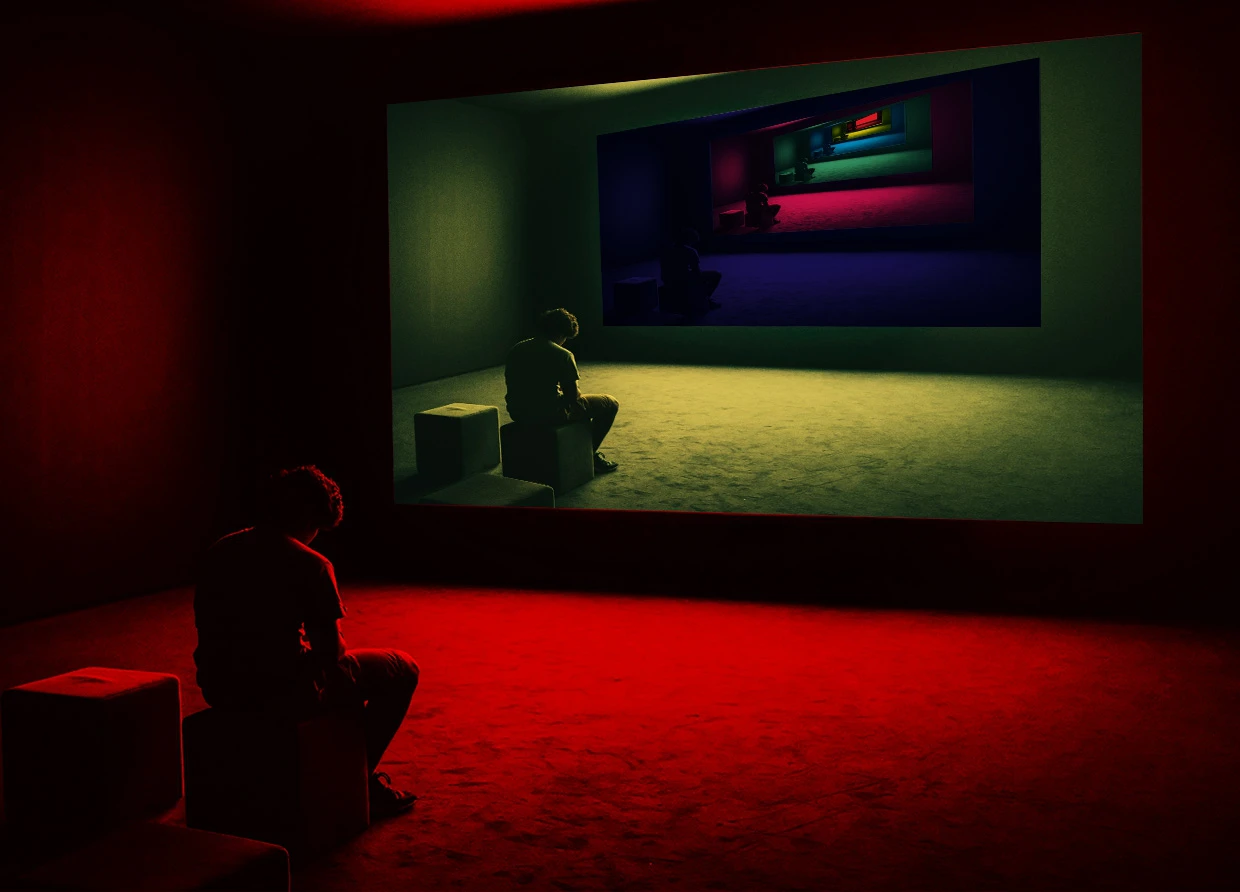DANGERS OF TOO MUCH SCREEN TIME
Too much of anything kills — including too much screen time.

Electronics are an essential part of our life. The statement becomes even truer during the COVID-19 pandemic, where everything moves online. Everything is now done through the internet, which forces us to increase our daily screen time. Prolonged screen time, however, can be a health hazard. Below are some of the risks of having too much screen time.
1. Obesity
Laptops, phones, and tablets are not just used for work and communication purposes. They are also used for recreational purposes such as gaming, watching movies, and streaming videos. All of the screen time combined takes away the time allocated for physical activities. This sedentarism can cause obesity, leading to cardiovascular disease, diabetes, increased blood pressure, and cholesterol.

2. Sleep problems
Electronic devices emit strong lights that can interfere with the circadian rhythm and your brain's sleep cycle, preventing you from getting quality sleep. Keep away screens out of the bedroom at least one hour before climbing into the bed and practice good sleep hygiene to improve your sleep quality.
3. Chronic neck and back pain
Poor posture is among the risks of prolonged screen time. This is also true when you don't take the time for breaks. Go from sitting to walking around, standing, or stretching. Otherwise, you risk suffering chronic neck, shoulder and back pain. Also, try to keep your device at eye level.
4. Depression and anxiety
Studies have revealed that the time spent in front of screens can negatively affect your mental health and emotional wellbeing. Other studies even suggested that higher screen time can be connected to increased suicidal behavior.

5. Low self-esteem
Spending too much time detached from reality can negatively impact how one perceives himself. You can use the time spent scrolling social media, gaming, watching movies, streaming YouTube, or overworking to form relationships with people in the real world, exercising, discovering and honing your passions, self-care routines, and many more.
6. Loss of cognitive ability
Too much screen time may alter the brain's structure by decreasing the grey matter responsible for cognitive processes. It can also deform the white matter, which serves as the network to the brain's signal communication. This can manifest in many ways, including poorer concentration, weaker memory, slower information processing, and weaker impulse control.
That being said, there are ways for you to avoid the risks, namely by:
1. Taking breaks;
2. Getting a hobby that does not involve gadgets;
3. Keeping bedrooms screen-free;
4. Talking to your employee that you might be overworked; and
5. Limiting overall screentime — when it's not essential, put your gadgets away.
#THE S MEDIA #Media Milenial #Screen time #Gadget #Obesity #Depression



























